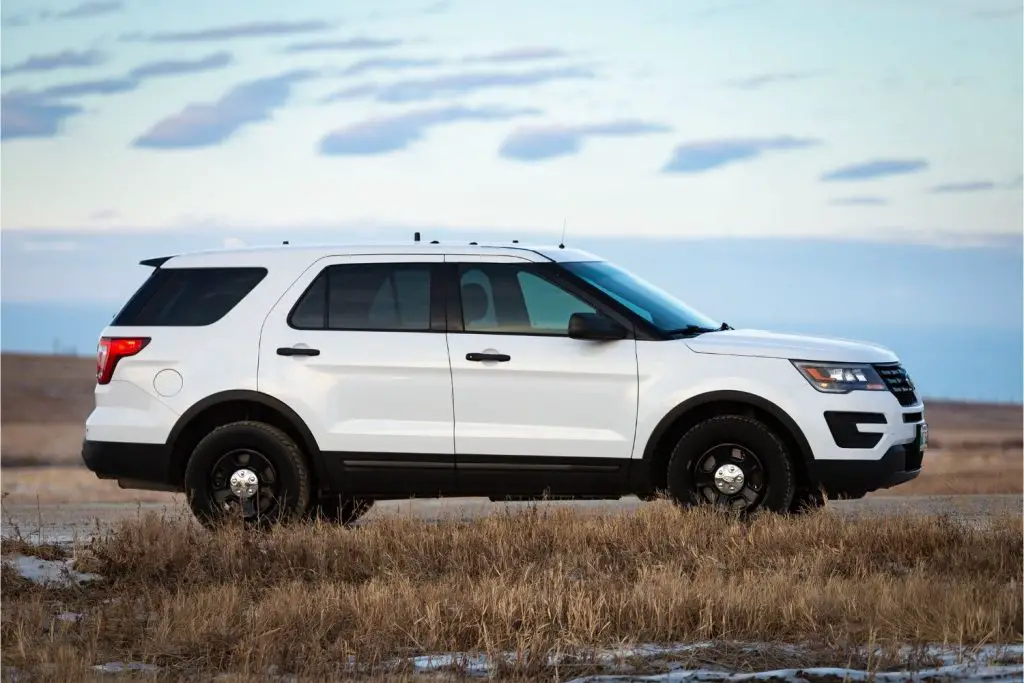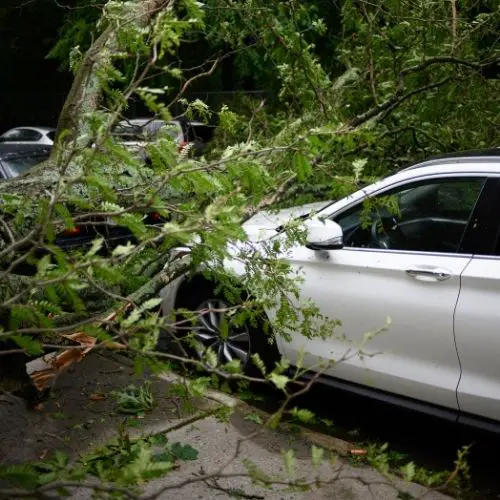We may get commissions for purchases made through links in this post. Thanks for the support! 👍
As most people know, cars are a depreciating asset. A brand-new car will lose about 10% of its value the minute you drive it off the lot. When do cars stop depreciating?
While the depreciation varies depending on the vehicle, it’s estimated to stop by the time a car is 10 years old. The value may vary slightly after this age but most cars will not continue to lose any significant value after this time frame.

Understanding Drops in Value
Keep in mind that newer cars are going to lose value much more than used ones. Going back to the new car example, a $30,000 car loses up to $3,000 just when you take it home for the first time.
However, research indicates that new cars are going to experience the biggest drop in value in their first year of ownership. After about a year, a new car is going to be worth about 20% less than what you paid for the vehicle.
After five years, the value is going to be even less. During the first five years of ownership, a new car loses about 15-25% of its value until it hits the five-year mark.
This means that a five-year car has lost around 60% of its value. After a car is five years old, it will start to depreciate at a lower amount. This means that your vehicle will still lose value but won’t lose as much.
Cars that Depreciate Slowly
While all new cars are going to lose value at a fairly high rate, some makes and models of vehicles tend to hold their value better than others. Jeeps and pickup trucks depreciate the least in the first five years of ownership.
Cars that lose the most value tend to be luxury sedans and electric vehicles. Additionally, brands that have a strong reputation for reliability such as Toyota and Honda often get higher marks when it comes to holding onto their value.
To get an idea of what cars depreciate less, the Toyota Tacoma loses only about 30% of its value in the first five years. The Jeep Wrangler loses about 27%.
However, in contrast, the Nissan Leaf loses about 70% of its value while the Chevrolet Volt follows this same pattern. Even though there may be other reasons to consider investing in an electric vehicle, the value over time for these cars does decrease.
Knowing the Value of Your Car
If you’re considering buying a car and want to know what it’s worth or considering selling your car, websites such as Edmunds and Kelley Blue Book provide a standard pricing idea.
They’ll take a variety of factors into accounst such as mileage, condition, and even color. Both buyers and sellers can use this information as a reference point. If you’re considering purchasing a car and want to know how much it will be worth in five years, you can also use these references to see the value of a five-year car in the make and model desired.
There will likely be some variation but you’ll get an idea of what depreciation to expect.
What Age is the Best Value?
In general, cars that are five years old have lost the most value. While they will continue to depreciate until they reach 10 years, their value tends to be maximized around five to seven years.
For buyers who are interesting in purchasing a used car, shopping in this time frame may help them to obtain the best price.
Once you get past the 5 – 7 year point on a vehicle, you begin to worry about the reliability of the vehicle offsetting the depreciation savings that you achieved by waiting for the age of the vehicle to get to that point.
Decreasing Depreciation
While it is impossible to stop depreciation, taking steps to decrease it may be beneficial for car owners. Keeping the mileage low is a great option. This will put less wear and tear on the vehicle.
Following the recommended maintenance schedule also makes a big difference when it comes to retaining value. Finally, purchasing a vehicle that does retain value better may help to get the best price if you sell or trade-in a vehicle.
While depreciation is something that all car owners experience, there are ways to minimize the depreciation of your car. By being an informed buyer or seller, you can make choices that help to keep more money in your pocket.
- Top 5 Reasons Why Toyota Trucks (and SUVs) are So Expensive
- 5 Reasons Trucks With High Miles Are Still Expensive
- The 5 Best Pickup Trucks for a Family Road Trip
Frequently Asked Questions
Do cars ever stop depreciating?
No, cars do not stop depreciating. All cars will lose value over time. However, depreciation does slow down after a car reaches a certain age. Every day, week, or month that a vehicle exists, it means that it is aging and deteriorating. Even if a vehicle is not driven, you have to worry about gaskets and other items that age quickly when not used.
Why do cars depreciate so quickly?
The initial depreciation of a car is because as soon as you drive it off the lot, it is considered used. The second depreciation hit comes when the warranty expires. This is because repairs and maintenance become the responsibility of the owner.
Why do BMW vehicles not hold their value?
BMW vehicles do hold their value, but they may not hold their value as well as other brands such as Toyota or Honda. This is because BMWs are considered luxury vehicles and depreciation are often higher for luxury vehicles. This is due to part costs, and reliability becoming a major problem. Luxury vehicles get the first of new technology, which tends to not be as reliable as when those features roll out to the normal vehicle.
Conclusion
If you’re wondering about cars and their depreciation, this is a good overview of how they lose value. Most car owners can expect some depreciation but may be able to take steps to avoid losing some value for their cars.
![This Is How Cars Have Wifi [And Why]](https://amanandhisgear.com/wp-content/uploads/2020/01/How-do-cars-have-wifi.jpg)

